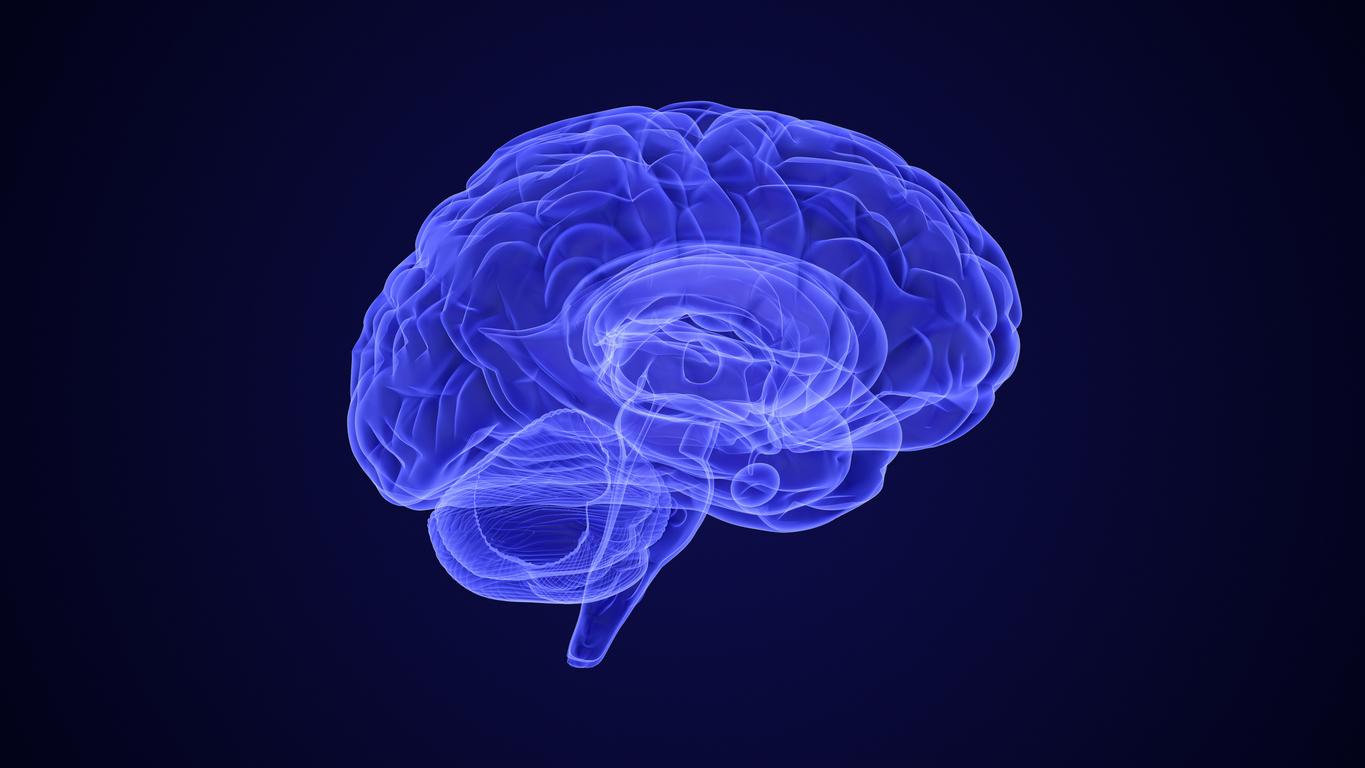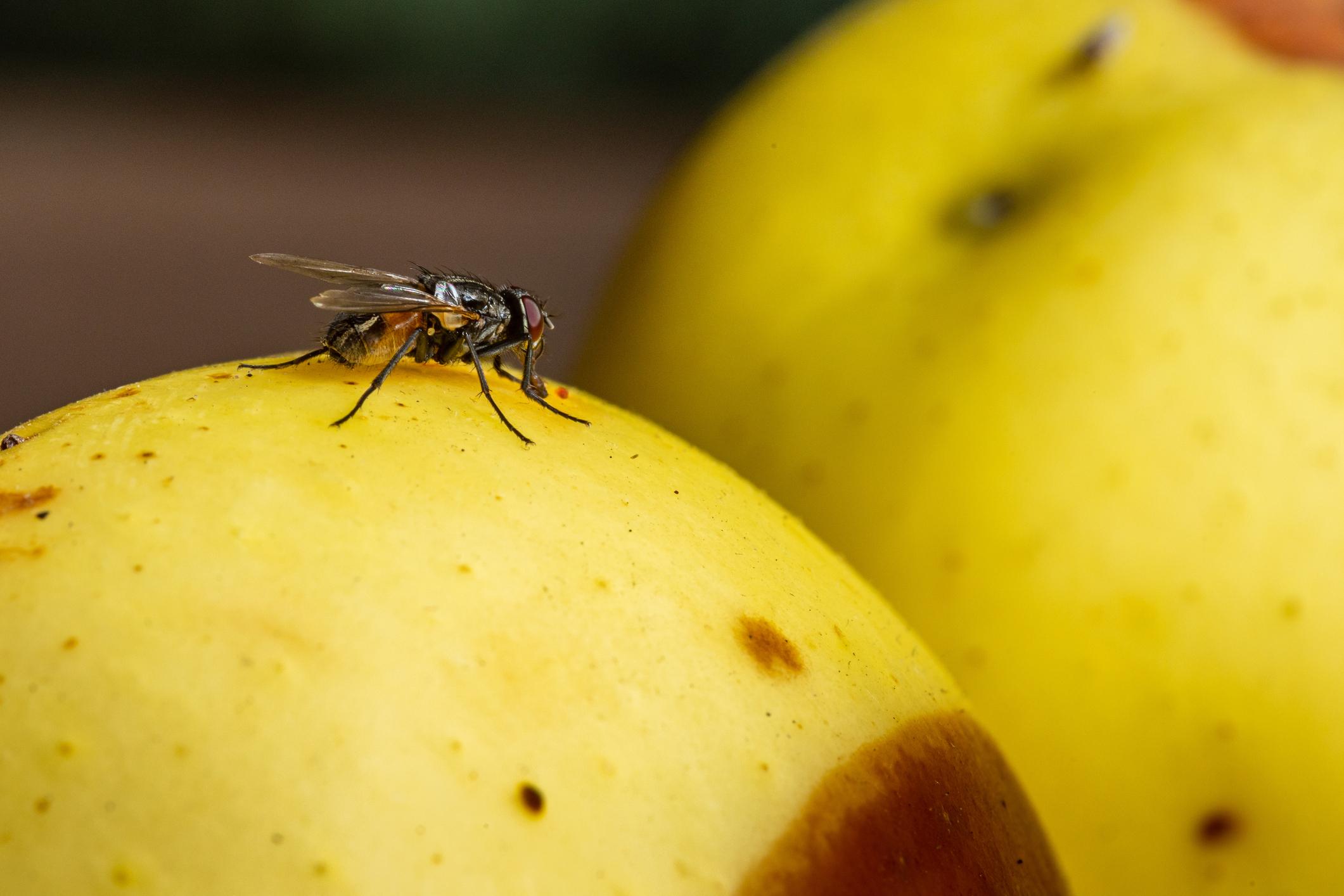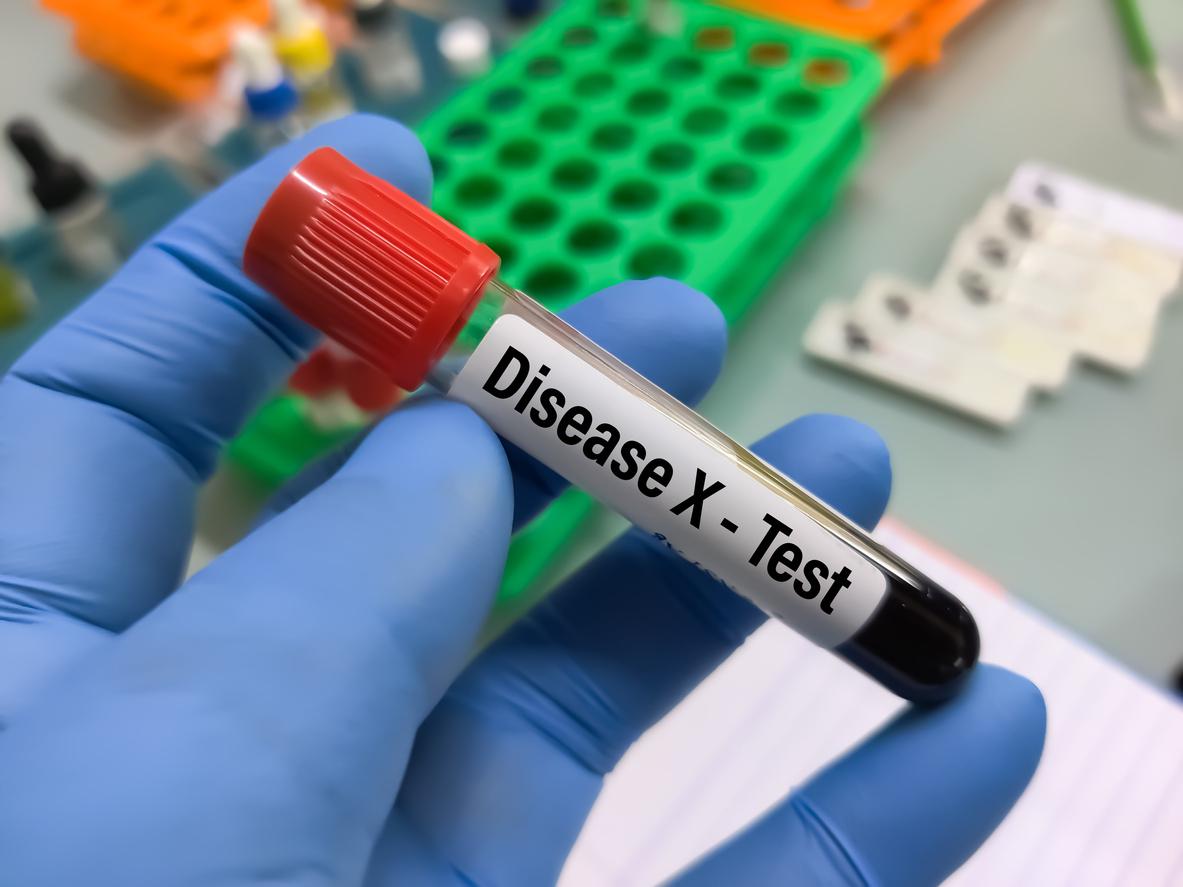Some treatments for Parkinson disease multiply the development of impulsivity, eating disorderssexual hyperactivity, compulsive urges to buy orgambling addictionaccording to results of a study published in the medical journal Neurology. Parkinson’s disease affects ten million people worldwide. It is expressed by motor symptoms (tremor, slowness and stiffness) caused by the loss of neurons secreting the dopamine.
Researchers from the Institute of Health and Medical Research (Inserm) and Sorbonne University conducted a study with 411 French patients suffering from Parkinson’s disease over several years.
After five years of study, researchers found that “impulse control disorders” affect nearly half (46%) of patients treated with “dopamine agonists”, synthetic drugs that mimic the action of dopamine, a neurotransmitter.
“These are people who will ruin themselves at the casino, get up at night to empty their fridge, or have a sexuality overflowing. For example, being arrested for exhibitionism or getting divorced because they have multiplied the conquests”, explained Dr Jean-Christophe Corvol, from Pitié-Salpétrière (Public Assistance-Hospitals of Paris).
“They’re going to start buying luxury cars. A patient who had a lot of money said he bought a Porsche, and his wife corrected: no, you bought four at once,” he said. he continued.
This study showed that these side effects increase with the amount and duration of dopamine agonist treatment. “And if we stop the treatment, it disappears, within a year for most,” said Dr. Corvol.
The reality of these disorders should encourage health professionals to help patients and their families.
“The entourage does not realize it at the start, whereas when we warn the couple for example, there is vigilance”, affirms Mr. Corvol.
The study also recalls patients for whom the treatment increased artistic or literary creativity.
Read also :
Calcium implicated in Parkinson’s disease
Infographic: everything you need to know about Parkinson’s disease
Parkinson’s disease: sport to improve quality of life
















